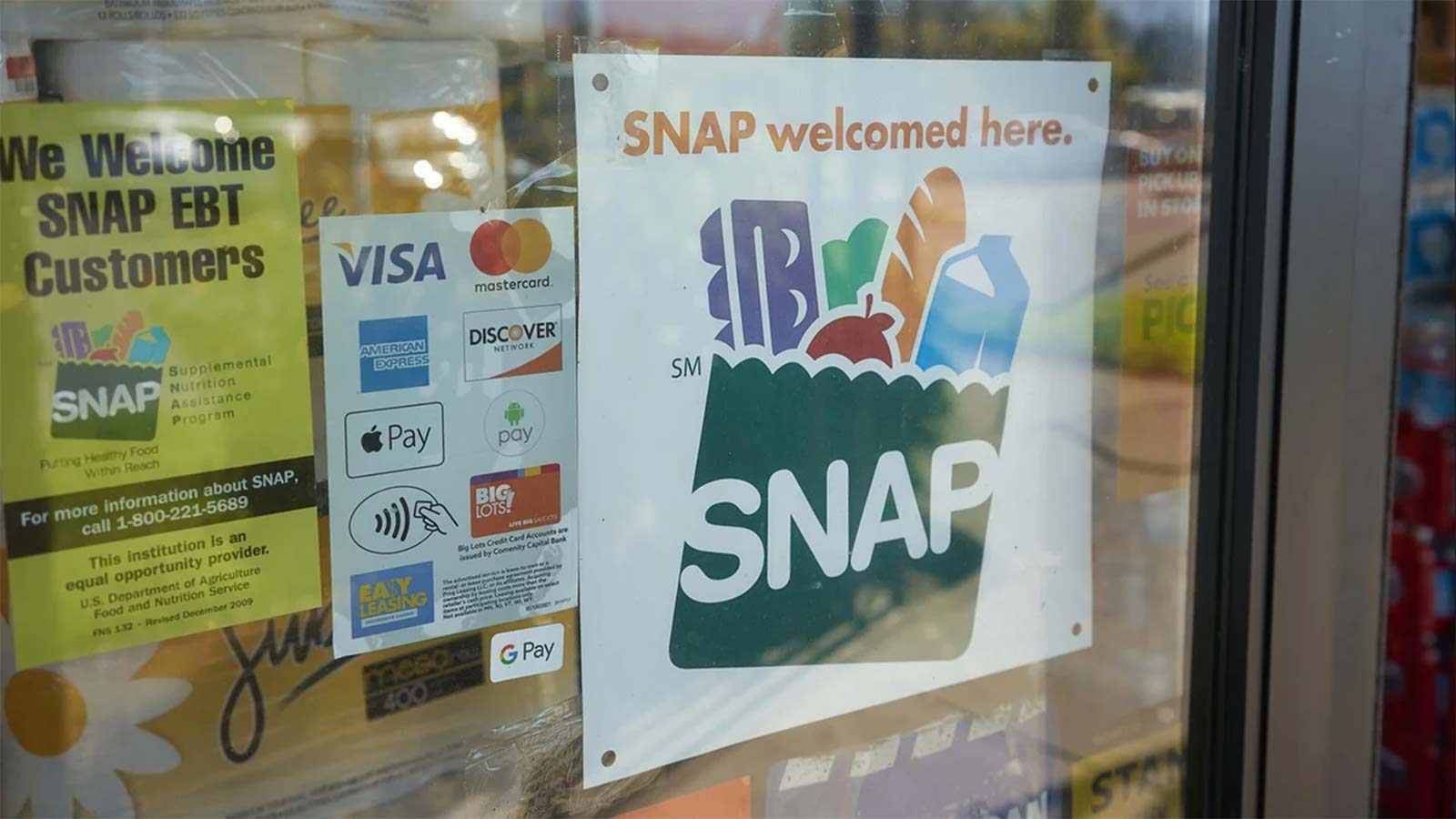Quick Read
California Attorney General Rob Bonta co-led a coalition of 23 attorneys general demanding answers from the USDA over possible November SNAP benefit delays.USDA warned that ongoing government shutdown could prevent full November SNAP payments for 42 million people nationwide.California’s CalFresh program serves 5.5 million people; 63.2% of recipients are children or elderly.The coalition is seeking clarification on USDA’s legal authority and contingency funding for SNAP.States are preparing for possible delays as millions face uncertainty about food security.California DOJ Takes the Lead: SNAP Benefits at Risk
On October 25, 2025, California Attorney General Rob Bonta stepped into the spotlight, co-leading a coalition of 23 attorneys general from across the country. Their mission? To demand answers from the Trump administration and the U.S. Department of Agriculture (USDA) regarding an alarming potential lapse in the issuance of Supplemental Nutrition Assistance Program (SNAP) benefits for November. The stakes could not be higher: approximately 42 million Americans, including 5.5 million Californians, depend on SNAP to keep food on their tables.
Two weeks earlier, the USDA had sent a letter to state agencies warning that, due to the ongoing government shutdown, there might not be enough funding to cover full November SNAP payments. The directive was clear but unsettling: states were instructed to hold off on transmitting their benefit files to EBT vendors until further notice. That pause left millions of vulnerable families, children, the elderly, and veterans in a state of limbo, waiting for news that has yet to arrive.
Unanswered Questions and Growing Concerns
The coalition’s letter to USDA Secretary Brooke Rollins lays out several unresolved issues. The legal basis for the USDA’s directive to halt benefit processing remains murky. While federal agencies do have the authority to adjust or suspend benefit programs under specific circumstances, the October 10 USDA letter did not cite any legal grounds for such a drastic move. More puzzlingly, the USDA reportedly still holds at least $6 billion in SNAP contingency reserves—funds appropriated by Congress specifically to address emergencies just like this.
Attorney General Bonta voiced the frustration felt by millions: “Forty-two million individuals in the United States, including approximately 5.5 million Californians, use SNAP benefits to feed themselves and their families. In yet another new low, those critical benefits are now at risk thanks to the Trump Administration. Every American—Democrat, Republican, and Independent—should be outraged.” (Gold Rush Cam)
With no update from the USDA on any contingency plan and no clear end in sight to the government shutdown, the attorneys general are demanding clarity. They want to know: Are there still contingency funds available? Will those funds be used to pay benefits—even if at a reduced level? Why were states ordered to hold the files, rather than distribute partial payments based on available resources?
Impact on California’s Most Vulnerable
In California, the SNAP program operates under the name CalFresh, overseen by the Department of Social Services. Here, 63.2% of recipients are children or elderly, and nearly 85,000 veterans rely on these monthly benefits for basic nutrition. When the USDA’s warning arrived, California officials immediately notified all county agencies to prepare for a possible delay in November benefits. The ripple effect is palpable: local food banks brace for surges in demand, advocacy groups scramble to communicate updates, and families plan for uncertainty.
Children comprise almost 39% of SNAP beneficiaries nationwide, while adults aged 60 and older account for roughly 20%. The prospect of delayed benefits doesn’t just threaten physical health—it undermines psychological security, leaving families unsure whether they’ll have enough to eat as the holidays approach.
Legal and Political Stakes: What Comes Next?
The coalition’s letter, signed by attorneys general from states as diverse as Arizona, Illinois, Maryland, New York, Oregon, and more, presses the USDA for a direct response by October 27. They demand not just technical answers about funding sources but also clarification of the USDA’s legal authority and its reasoning for suspending benefit processing. If contingency funds exist, why not use them? If not, what’s the plan?
As the government shutdown drags on, the SNAP issue has become a flashpoint in a broader debate about federal priorities. Attorney General Bonta’s pointed remarks about presidential distractions—referencing the construction of a $250 million White House ballroom—highlight the frustration felt by state leaders left to manage real-world consequences for their residents.
For now, all eyes are on the USDA. Will the agency release contingency funds? Will it provide the transparency and guidance that states, families, and advocates so desperately need? Or will the impasse continue, leaving millions to wonder how they’ll put food on the table next month?
A National Coalition, United in Urgency
This isn’t just a California problem. The coalition includes attorneys general from nearly half the country, reflecting the truly national scope of the SNAP crisis. Their collective action signals a rare moment of bipartisan unity around a single, urgent issue: protecting the most vulnerable from the fallout of political gridlock.
Their demands are straightforward: clear communication, transparent decision-making, and a commitment to using every available resource to maintain essential benefits. The unanswered questions from USDA have only intensified calls for accountability and swift action.
As the deadline for USDA’s response approaches, families and advocates remain in suspense. The choices made in Washington over the coming days will reverberate through communities from California to Maine, affecting not just grocery budgets but the very fabric of daily life.
California’s leadership in this coalition underscores the growing tension between state and federal priorities during times of crisis. The SNAP dilemma is a microcosm of a much larger debate about how America cares for its most vulnerable citizens. With millions of lives hanging in the balance, the call for clarity and action has never been more urgent.

